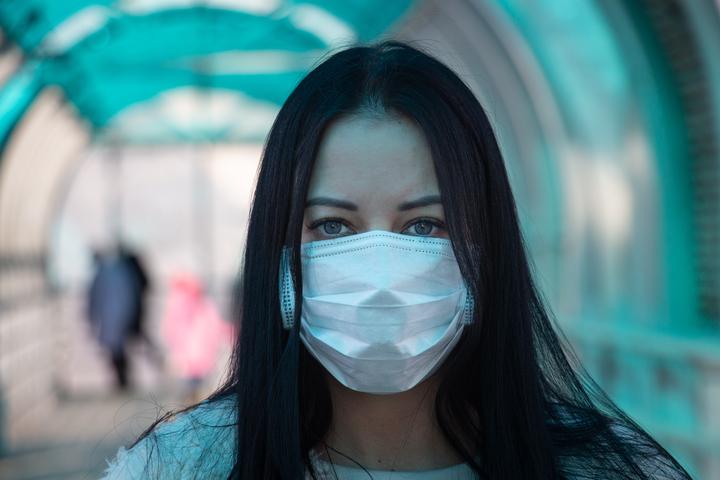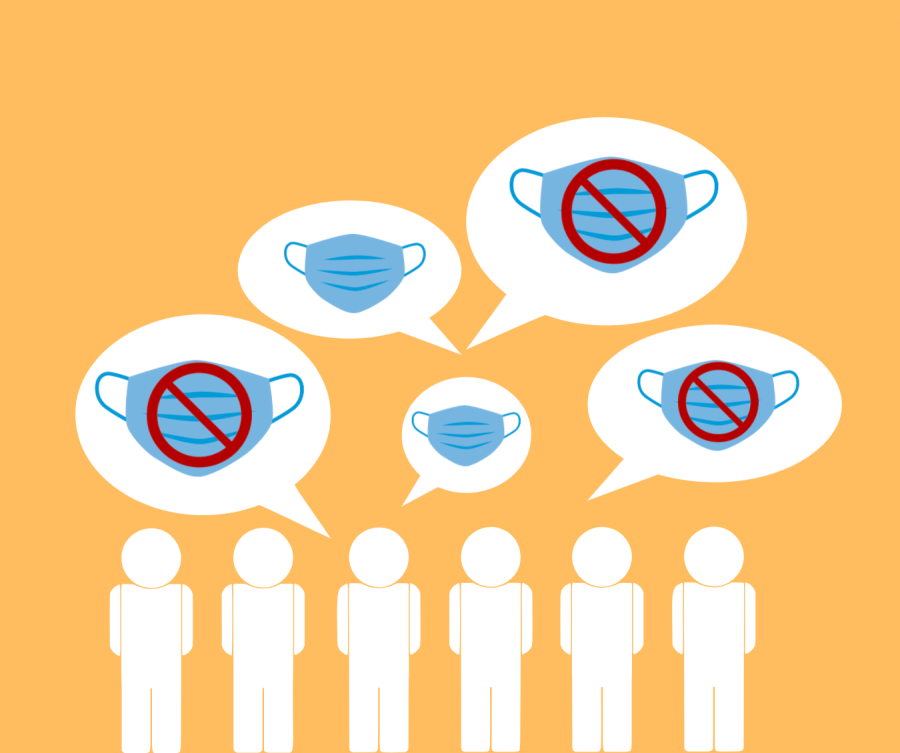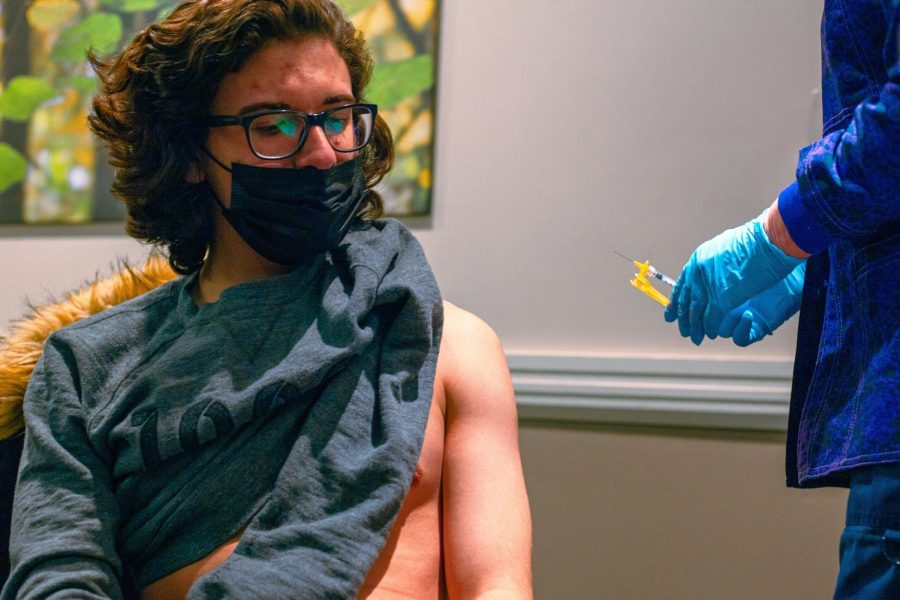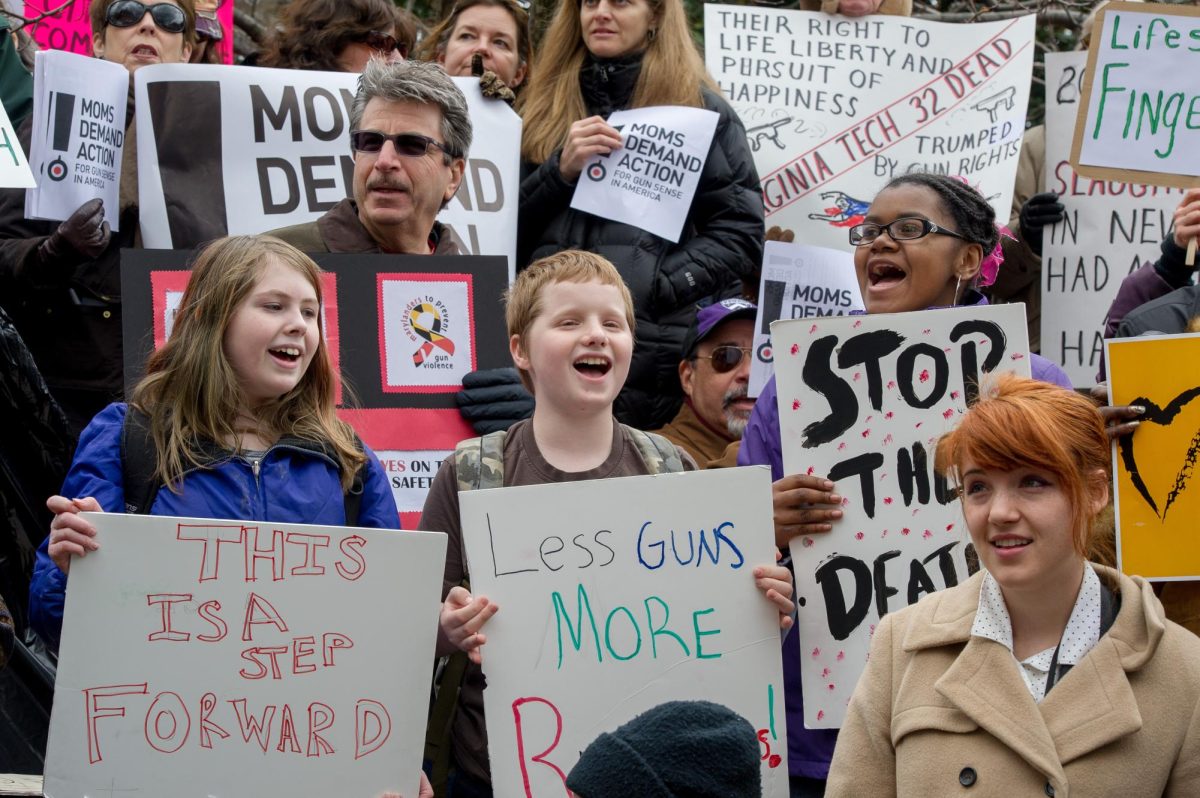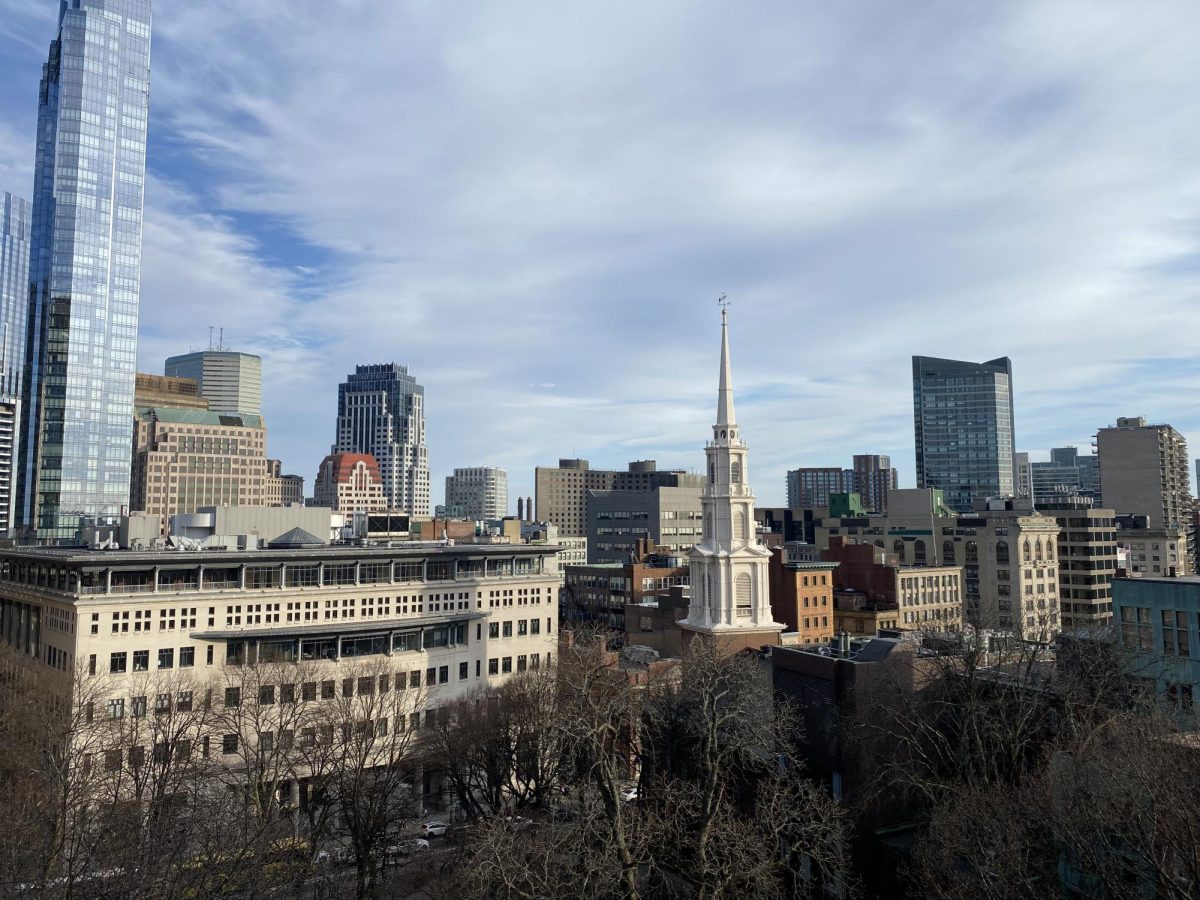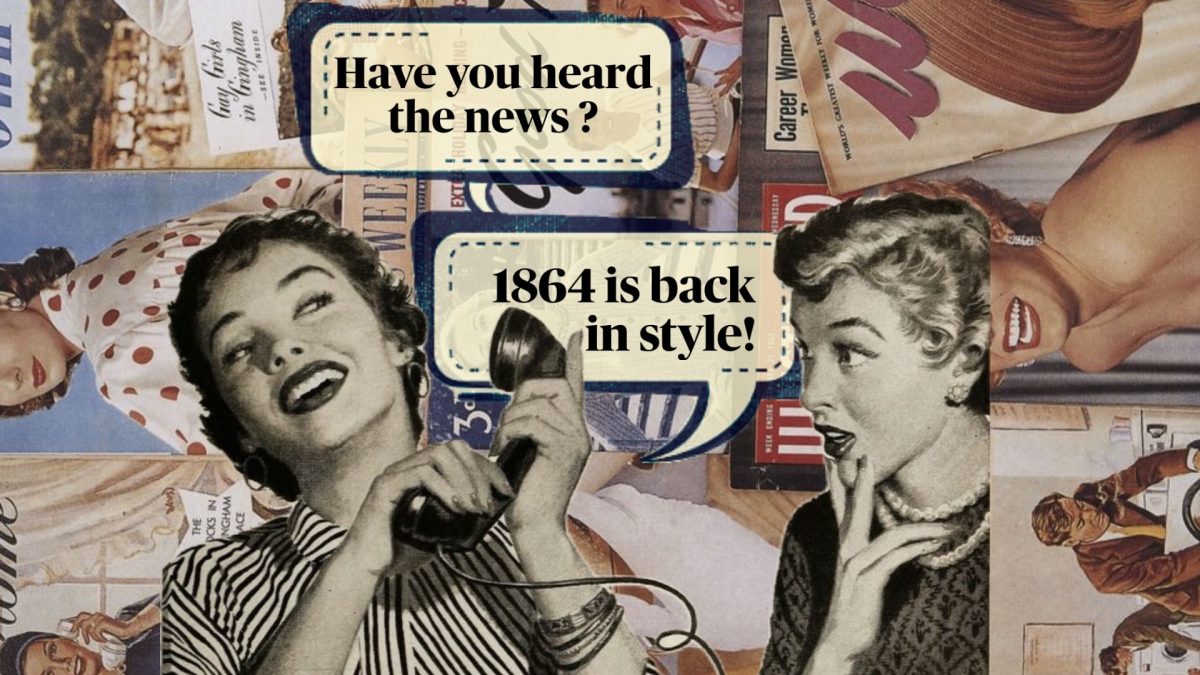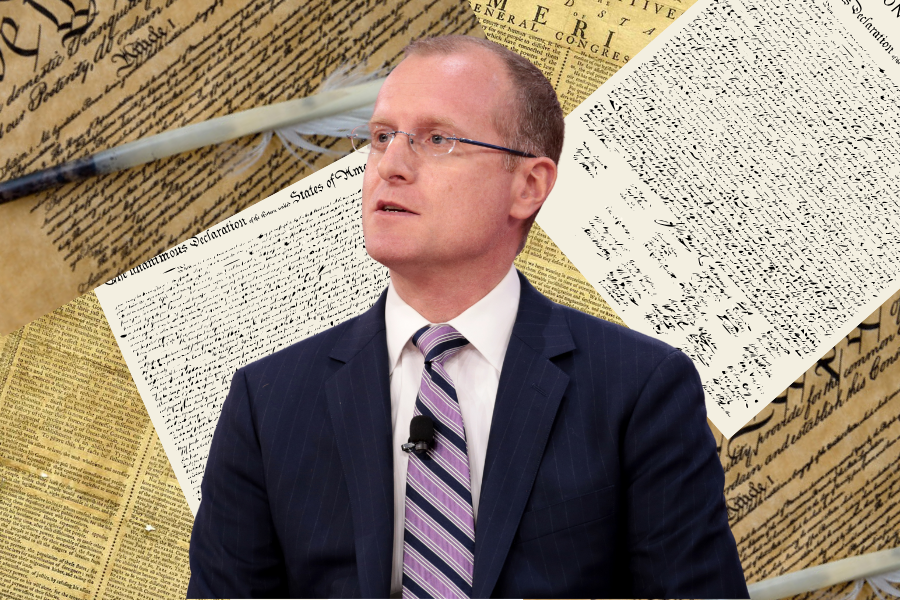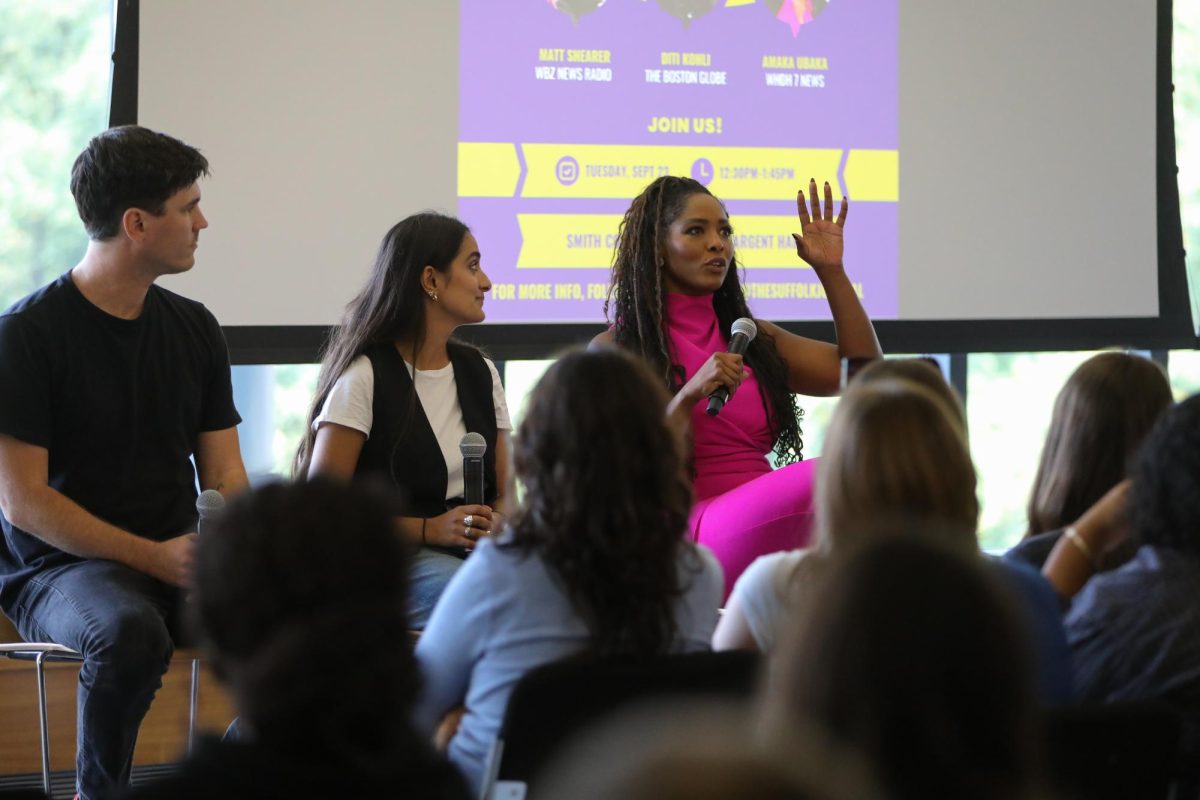As more of the population is receiving the COVID-19 vaccine, the question of whether or not to wear a mask is brought up once again. Those who are vaccinated have argued that they should not need to wear masks nor follow social guidelines. However, this is not true. At this point in time, those who are vaccinated must continue to wear masks when in public settings.
The Center for Disease Control (CDC) states, after being vaccinated, you should continue following social distancing guidelines, including wearing a mask, staying six feet apart from others and avoiding large crowds. There is still more to learn about how the vaccine will affect the spread of the virus, and further research regarding transmission is needed before researchers can confidently allow the mask mandates to be lifted.
One of the main concerns about the vaccine is its efficacy. Moderna and Pfizer are both vaccines that require two doses one month apart, which creates a slightly stronger efficacy rate at around 95%, in comparison to a one dose.
Johnson and Johnson is an alternative vaccine that only has one dose, and in turn has an efficacy rate of 72%, according to Yale Medicine. Uncertainty continues as the vaccine was “paused” on April 13 in the U.S. due to concerns over blood clots.
All have a percentage of recipients who could still be infected with COVID-19. While their symptoms may be less severe, it is possible for them to spread the virus to someone who is unvaccinated.
The CDC also states that if someone is exposed to the virus just before or just after their vaccine, they could become sick because the dose has not had enough time to fight the virus yet. There is a time gap where it is still possible to get infected and spread the virus.
According to Healthline, studies have shown that the vaccine reduces the risk of transmission, but does not completely eradicate the possibility of spreading the virus due to potential new variants of the virus, which may not only reduce the protection for transmission but also the efficacy of the vaccine. These concerns cannot be clarified until further research is conducted.
While the chance of contracting the virus is lowered, it is not completely guaranteed, and with so many of the population still unvaccinated there is a chance that you could still get sick.
When the mask mandate was first implemented, it was difficult to monitor who actually had a medical issue that exempted them from the mandate, and who just preferred not to wear a mask. This is a perfect example of why allowing vaccinated people to stop wearing masks is a challenging idea. It is hard to monitor, and it is too easy for people to lie and put others at risk.
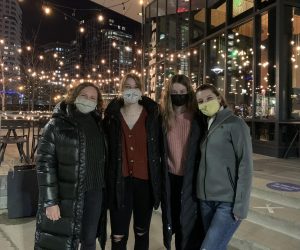
Another reason that wearing the masks is crucial follows the concept of leading by example. Once certain people start being allowed in public without a mask, others will want to do so as well. It is important for everyone to encourage good social distancing practices. It is more comfortable to follow the example of everyone else, especially when everyone else is wearing masks and keeping socially distant.
The vaccine is meant to stop the spread of the virus, but this will only be accomplished if added to the current measures. If the public continues to follow social distance guidelines including wearing masks, and everyone who is able gets the vaccine, we will be on track to returning to a normal year. Just because you’re vaccinated doesn’t make you invincible.


